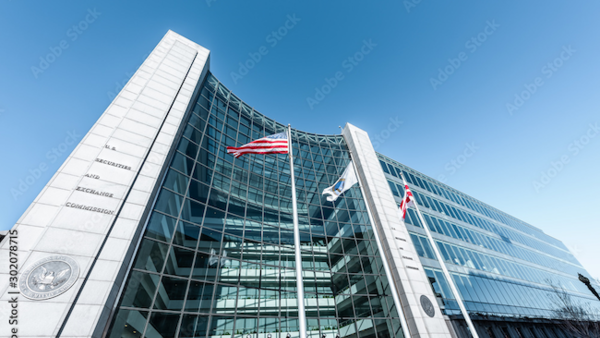Ann Nobles, Former Chief Ethics and Compliance Officer of Eli Lilly
Ann Nobles, Former Chief Ethics and Compliance Officer of Eli Lilly, discusses how to navigate working in a highly regulated industry. She explains the importance of educating both employees and financial stakeholders on ethical standards in order to ensure a company-wide ethical approach to business.
Teaching Notes
Use the following prompts to facilitate a guided discussion on this installment of Walking the Talk: Insights on Putting Ethics into Practice.
What are some of the challenges of a highly regulated industry? How do strict regulations affect company culture and values? What are some of the negative effects? Are there positive effects?
Consider Ann Nobles’ use of education to reframe regulations as positive influencers of a company. How can businesses harness regulations to bolster their company ethics and integrity?
How does compliance with legal regulations interact with values and ethics at your company? Are the two mutually supportive, or do you see tension between following the law and constructing an ethical culture? Based on your experiences, how can you bolster this relationship?



